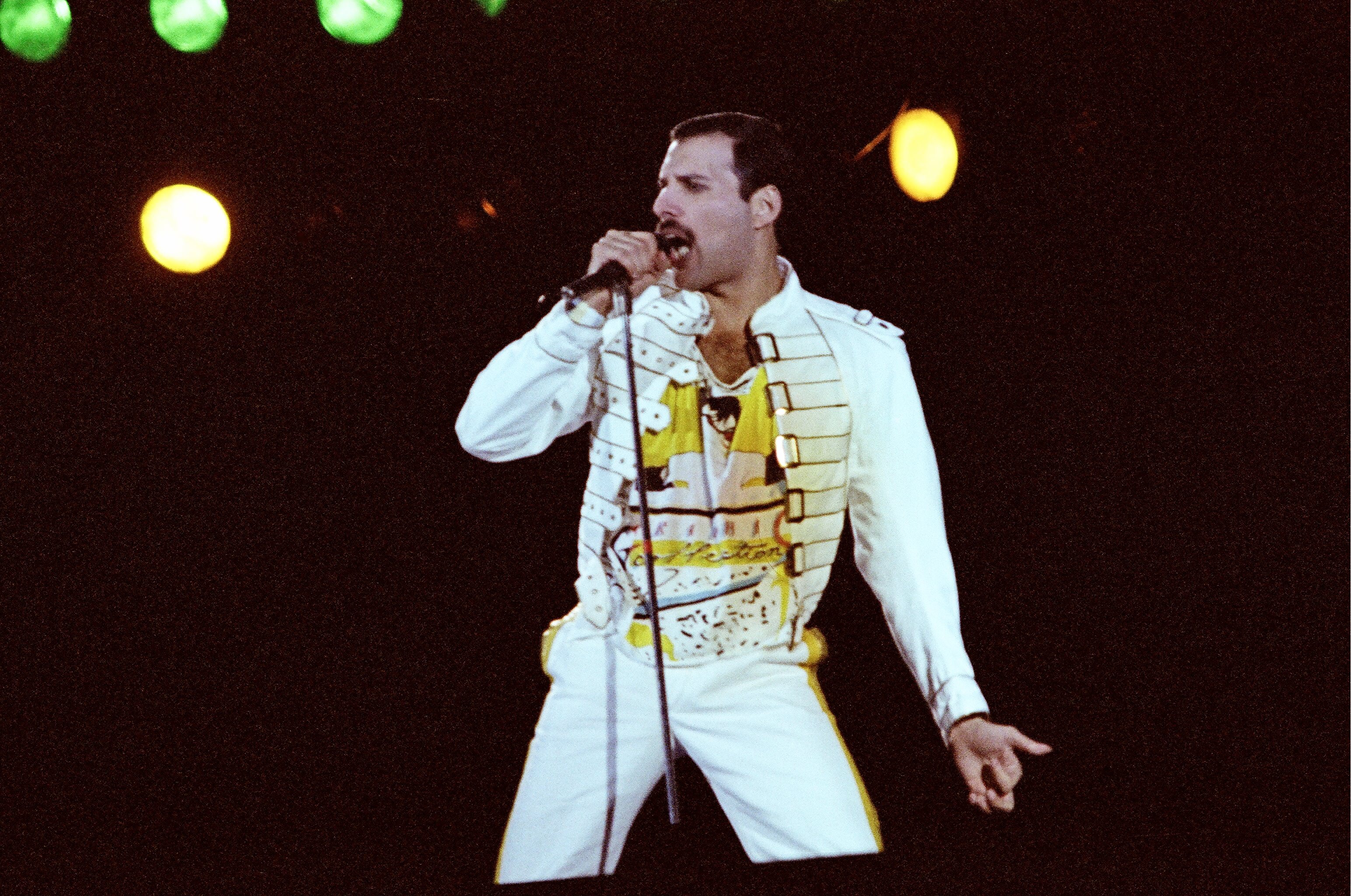Freddie Mercury Was Insecure About His 4 Extra Teeth But Refused to Have Them Removed
Freddie Mercury is one of the world’s greatest musical icons, the frontman for the band Queen who received acclaim for his powerful singing voice and commanding stage presence. Mercury, who passed away at an early age due to complications from AIDS, is a celebrity to this day, earning a slew of new fans and admirers after the release of the 2018 film Bohemian Rhapsody. With so much renewed interest in the iconic frontman, many of Mercury’s newest fans might be surprised to learn one surprising detail about his physical appearance, and the way that it affected his ability to perform.
Freddie Mercury was born with four additional teeth
Freddie Mercury was born Farrokh Bulsara in 1946. Born in Zanzibar, young Freddie Mercury was drawn to fashion and creative expression at an early age, and when his family moved to England in the early ’60s, he started attending school for graphic design. At the same time that Mercury was studying art, he was developing an intense love for performing and singing — and in 1970, he joined up with the band Smile, teaming with guitarist Brian May and drummer Roger Taylor.
Everyone noted Mercury’s impressive singing voice and vocal range — but it is likely that at least a small part of his range came from the fact that Mercury was born with four additional teeth in the back of his mouth. The extra teeth caused a significant overbite that Mercury dealt with for his entire life, and as some sources have noted, Mercury was very self-conscious about the additional teeth: “He always covered his teeth with his top lip or raised his hand to cover them,” said Mercury’s former personal assistant, Peter Freestone. “He was self-conscious about them. At home, he didn’t have to care.”
Why did Freddie Mercury refuse to have his extra teeth removed?

In spite of the fact that Freddie Mercury was self-conscious about his teeth, the acclaimed performer refused to have his teeth altered — even after he became a worldwide sensation. According to Mental Floss, Mercury didn’t want to have his overbite fixed, for fear that altering his teeth would affect his vocal range.
This goes to show that Mercury was dedicated to his performances above all else, and didn’t hesitate to place his desire to please an audience above his vanity. Still, eagle-eyed fans will notice that Mercury can often be seen in photographs smiling with his mouth closed, or, as noted by his personal assistant, covering an open-mouthed smile with his hand so that his teeth would not be visible.
Freddie Mercury is one of rock and roll’s greatest icons
All throughout the ’70s and ’80s, Freddie Mercury released hit after hit, appearing with his band Queen on stages around the world. With songs such as “Bohemian Rhapsody,” “Killer Queen,” “Don’t Stop Me Now,” and “Crazy Little Thing Called Love.” He also launched a successful solo career, working with a variety of other artists like David Bowie. Mercury made headlines a lot over the years due to his reportedly outrageous personal life. Through it all, Mercury remained focused on his music, rarely speaking out about the headlines and only confirming his AIDS diagnosis one day before his untimely death at age 45.
These days, Mercury remains one of the world’s most beloved artists, even though he passed away decades ago. His devotion to his music, to creating an enjoyable experience for fans, and to his friends, made Mercury a true icon. Stay tuned to Showbiz Cheat Sheet for all the latest entertainment news!


